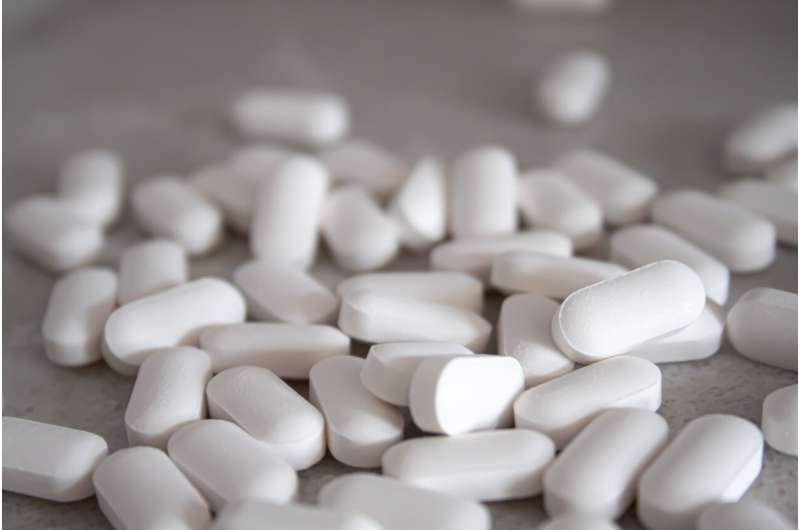Innovative Small Molecule Shows Promise in Treating Acetaminophen-Induced Liver Damage

A novel small molecule showing promise in reducing liver damage caused by acetaminophen overdose could revolutionize treatment options for inflammatory liver injuries and related conditions.
Recent research highlights the potential of a newly developed small molecule to mitigate liver injury caused by acetaminophen overdose, a common form of drug-induced liver damage. Acetaminophen, widely used for pain relief and fever reduction, is generally safe when taken within recommended doses. However, overdose remains the leading cause of acute liver injury in the United States, mainly due to accidental consumption or misinterpretation of dosages.
During normal metabolism, the liver processes acetaminophen, producing a small amount of a toxic compound called N-acetyl-p-benzoquinone imine (NAPQI). Under typical conditions, NAPQI is rapidly neutralized by the liver. But in overdose situations, NAPQI accumulates, leading to severe cellular damage and liver failure.
Currently, N-acetylcysteine is the only available antidote, which must be administered within eight hours post-overdose to be effective. Recognizing the need for alternative treatments, researchers are exploring small molecules that can inhibit inflammatory processes involved in liver injury.
In a recent study presented at the American Chemical Society Fall 2025 meeting, Virginia Commonwealth University researchers introduced YM81, a small molecule that targets a protein called gasdermin D (GSDMD). GSDMD plays a key role in pyroptosis, a form of programmed cell death associated with inflammation and liver damage.
During experiments involving mice with acetaminophen-induced liver injury, treatment with YM81 resulted in significant reductions in liver inflammation markers and liver damage compared to control groups. The compound works by selectively binding to GSDMD, thereby preventing its activation and subsequent inflammatory cell death.
Principal investigator Shijun Zhang noted that YM81 is in the early stages of drug development, with ongoing efforts to optimize its potency, safety, and stability. The promising results suggest that GSDMD inhibitors like YM81 could serve as novel therapeutics not only for acetaminophen overdose but also for other inflammatory diseases. Conditions such as arthritis, sepsis, and gout, which involve chronic inflammation mediated by GSDMD, could potentially benefit from this strategy.
While further research and clinical trials are necessary, this discovery opens new avenues for treating inflammatory and neurodegenerative diseases, offering hope for more effective and versatile interventions in the future.
Stay Updated with Mia's Feed
Get the latest health & wellness insights delivered straight to your inbox.
Related Articles
Healthy Lifestyle Habits Can Reduce Risk of Cognitive Decline, New Study Finds
Research shows that adopting healthy lifestyle habits, including diet and exercise, can significantly reduce the risk of cognitive decline and Alzheimer’s disease, highlighting a vital approach for prevention.
How Brain Stimulation Can Reduce Symptoms of Parkinson's Disease
New research explores how targeted brain stimulation, including optogenetics, can activate motor pathways outside traditional regions to alleviate symptoms of Parkinson's disease and improve mobility.
CDC Urges All International Travelers to Receive Measles Vaccinations
The CDC now recommends that all Americans, regardless of destination, get the measles-mumps-rubella (MMR) vaccine before traveling abroad to prevent infection and transmission.



